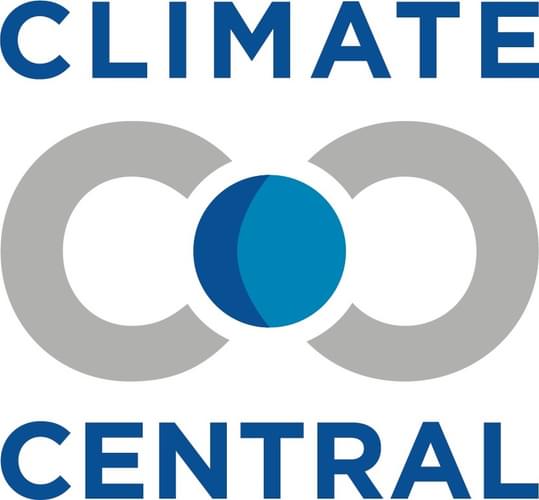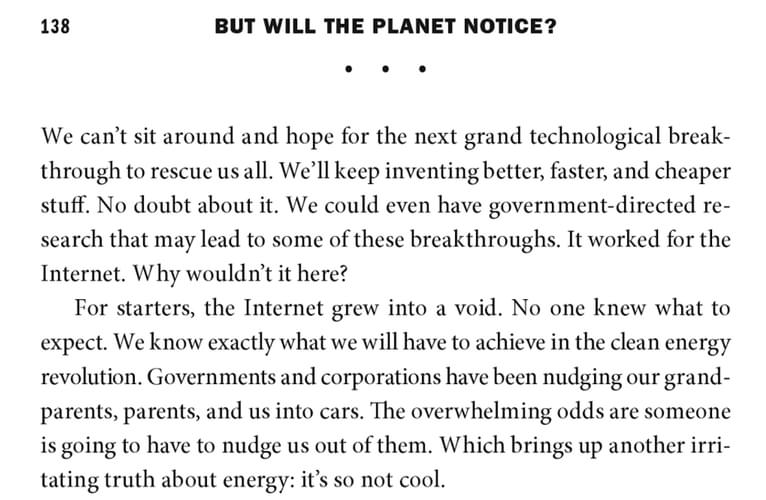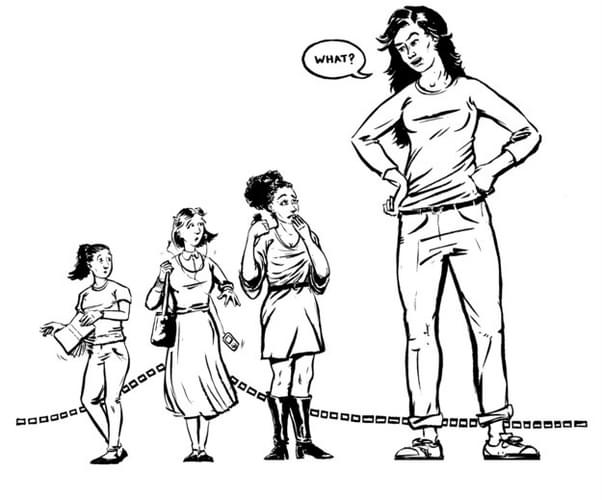If you want to understand how an economist thinks about the biggest challenge our planet has ever stumbled up against, this book is an awfully good place to start!
– Bill McKibben, Founder of 350.org
Lessons in economics and global environmental problems, from a guy you’d actually talk to at a party.
– Dan Shapley, The Daily Green
This splendid book showcases why environmental economics is such an exciting field today. Who knew that an economist not named Krugman could write so well? I will buy my mom a copy.
– Matthew E. Kahn, author of Climatopolis: How Our Cities Will Thrive in Our Hotter Future
Idealism will not shift the choices of billions of people as effectively as self-interest. Gernot Wagner has written a lucid and enjoyable exposition of the underlying economics.
We must remove the incentives to treat scarce resources as if they were free. He respects the moral principles of the idealists who want to change behaviour by precept alone. But, as an economist, he knows that if we want less of anything, including pollution, we must raise its price.
Reaching effective agreements on how to change the incentives to create global pollution will be extremely hard. But there is no workable alternative.
– Martin Wolf, Chief economics commentator at the Financial Times






